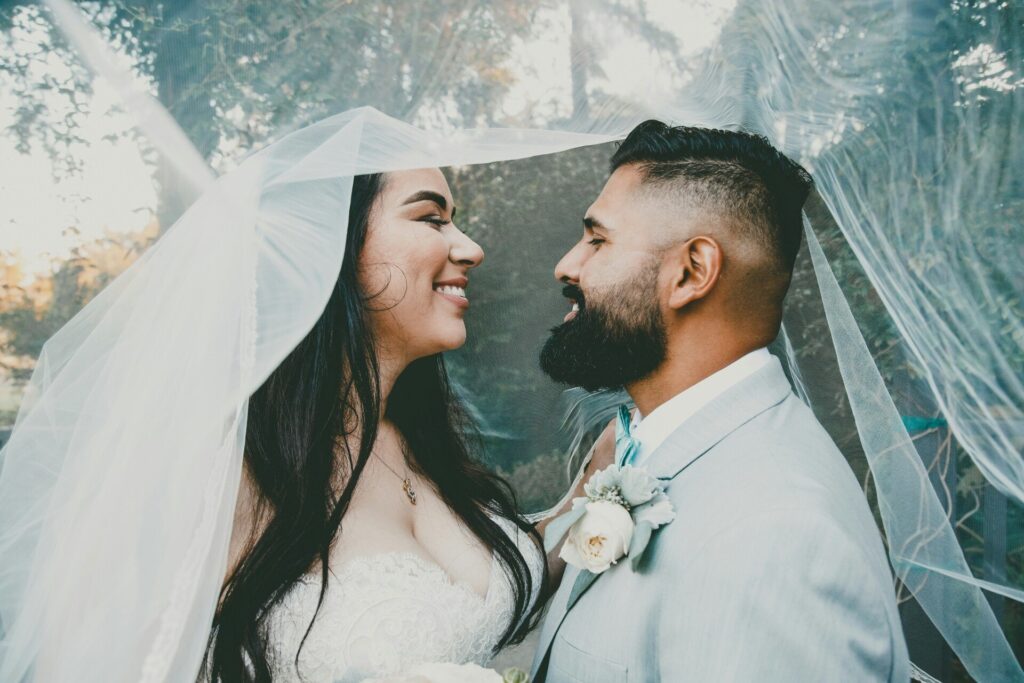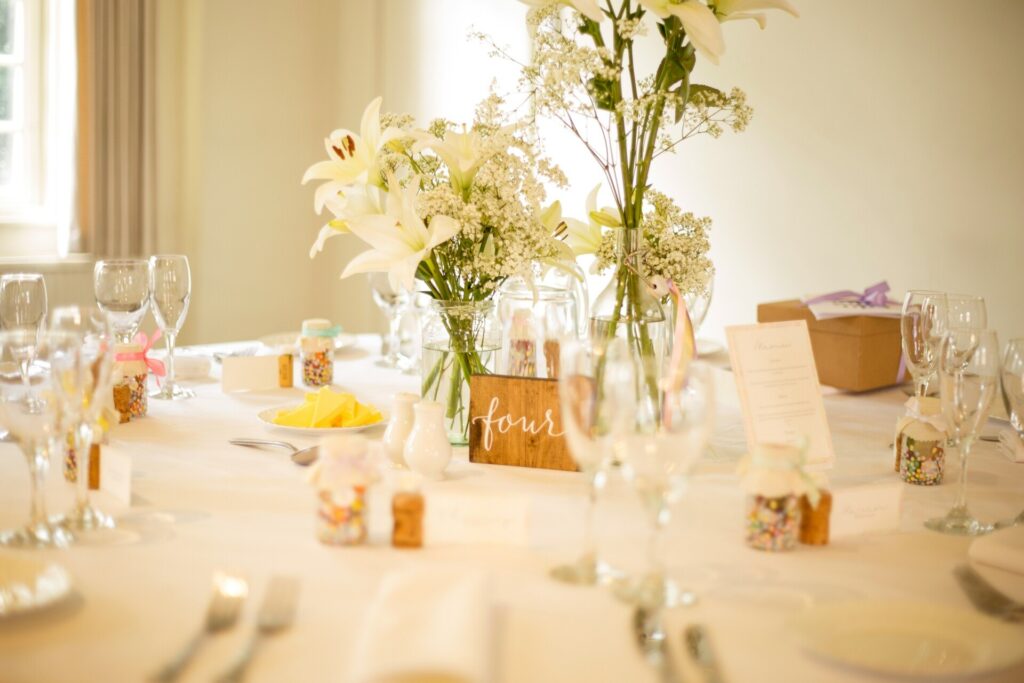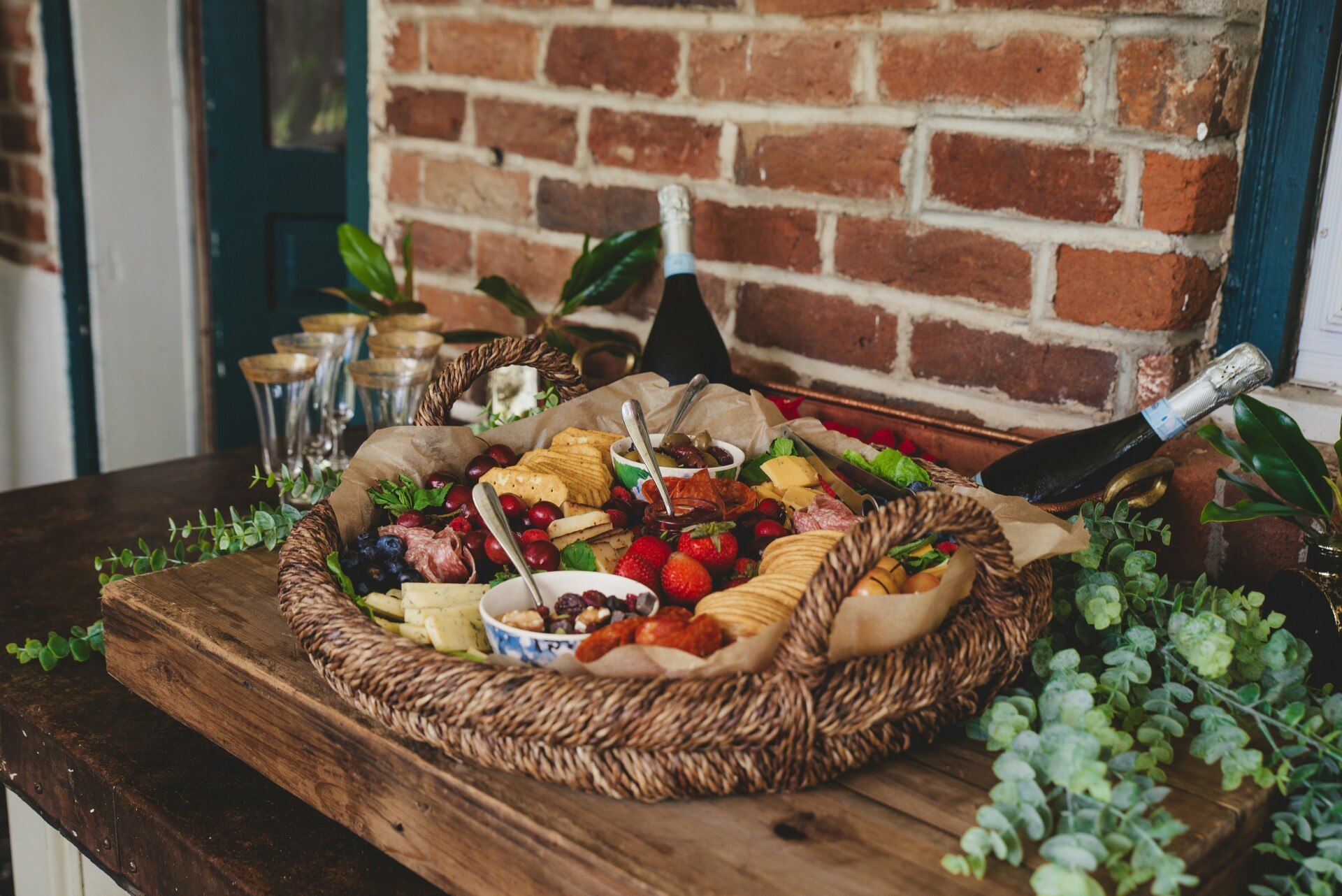A destination wedding sounds like a dream, doesn’t it? A beautiful setting, your favorite people, and memories to last a lifetime. It might seem like a big challenge, but trust me, with a little planning and these easy steps, you can make it magical.
Choose the Perfect Destination
The first thing you need to decide is where you want to say your vows. Think about a location that fits your style as a couple. Do you love sandy beaches, romantic castles, or lush mountains? Your destination should reflect your love story and what makes you happy.
- Research destinations based on weather, travel time, and budget.
- Talk with your partner about your dream wedding style.
- Think about your guests pick a place they can reasonably travel to.

Some examples of popular destination wedding spots include tropical islands, European cities, or places with historic charm. Make your decision early, so you have plenty of time to plan all the details.
Set a Budget That Works for You
Planning a destination wedding can be affordable if you stick to a budget. Start by creating a list of must-haves and optional extras. Be realistic about what you can spend, and always leave room for unexpected costs.
- Include travel expenses for you and your partner in the budget.
- Account for accommodations, meals, and possible activities.
- Factor in legal fees for marriage licenses, if needed.
Talk to venues about package deals, as many offer all-in-one options that include food, drinks, and décor. This can save you both time and money while keeping everything simple.
Book the Venue and Vendors Early
Once you’ve picked your destination, lock in your venue as soon as possible popular spots can fill up fast. Look for a place that offers services to make your day stress-free, such as catering or event coordination. It’s also important to hire local vendors for things like flowers, photography, and entertainment.
- Contact vendors through email or online video calls to discuss your plans.
- Ask for photos of their work to make sure it fits your vision.
- Check reviews and ratings to feel confident about your choices.

If your venue offers a wedding planner, make use of their expertise. They can guide you and handle details that may be tricky from a distance.
Send Save the Dates Early
Since destination weddings require more travel planning, send your save the dates at least six to eight months ahead of time. Include key details, such as the wedding date, location, and travel tips. This gives your guests enough time to make arrangements.
- Suggest nearby hotels or accommodations for them to stay.
- Provide airport and transportation options if needed.
- Add information about any group discounts for airfare or lodging.
Make sure you stay in touch with your guests to answer their questions. A wedding website can be a fantastic tool to keep everyone updated.

Plan Travel and Accommodation for You and Your Guests
A big part of how to organize a destination wedding is helping your guests feel comfortable. If possible, reserve a block of rooms at a hotel close to your venue. You can even organize group activities to make the trip enjoyable for everyone.
- Arrange welcome bags with maps, snacks, and local goodies for guests.
- Share transportation schedules to and from the airport or venue.
- Create a mini itinerary, so guests know when to meet or explore.
While you’re planning for travel, make sure you account for any legal requirements in your chosen destination. Each best country to find wife may have different rules for marriage paperwork or ceremonies.
Think About the Weather
Weather plays a big role in destination weddings, so plan carefully. For instance, tropical locations might have rainy seasons, while some areas might get chilly during certain months. Research the best time of year for your chosen destination to avoid surprises.
- Check the weather forecast closer to your wedding date.
- Have a backup plan, such as an indoor venue, in case it rains.
- Consider shade or fans if your wedding will be in the heat.

Pay attention to clothing for yourself and your bridal party, too. Lightweight fabrics are a great choice for warm climates, while layers can be helpful for cooler temperatures.
Personalize Your Decorations and Details
Even in a stunning location, adding personal touches can make your wedding extra special. Choose décor that complements your surroundings, such as seashells for a beach wedding or rustic wood for a countryside event.
- Use local flowers for your bouquets and arrangements.
- Incorporate cultural traditions or flavors into your menu and activities.
- Add custom signs, favors, or gifts with your wedding theme.
These details don’t have to be expensive small, thoughtful additions can make a big impact on your guests memories.
How to Organize a Destination Wedding You’ll Love?

Planning where to tie the knot can be one of the most exciting parts of organizing a destination wedding. Start by choosing a place that feels meaningful to both of you. Do you dream of soft sand underfoot at a tropical beach? Or perhaps a peaceful vineyard surrounded by rolling hills? The location sets the entire mood for your big day.
As you decide, think about practical details. Is the destination easy for your guests to reach? Look into local accommodations so everyone has a comfortable stay. Your budget matters too. Some destinations may surprise you by being quite budget friendly, while others might require a little extra. Research support services like caterers, photographers, and venues in your preferred locations to help you narrow it down.
Set a Budget and Prioritize Expenses
Once you’ve chosen the perfect spot, it’s time to figure out your wedding budget. Break your plans into categories so you can prioritize. How much will you spend on travel, venue, catering, decorations, and entertainment? For a destination wedding, travel costs tend to be a significant part of the budget for you, your guests, and any vendors you need to transport.
Keep flexibility in mind when allocating funds. For instance, can you adjust the guest list size to save on food and drink costs? Or maybe limit add-ons like extra floral arrangements or custom wedding favors?
It might also be a good idea to group costs. Booking accommodation, flights, and venues as bundles sometimes reduces overall expenses. Comparing deals and asking for discounted packages from vendors can make a big difference in sticking to your budget.
Send Invitations Early and Help Guests Plan

Timing is vital for a destination wedding. Since guests need to prepare for travel, aim to send invitations as early as possible. Save-the-dates can be sent a year in advance, with formal invitations following about six months before the wedding date. This gives your loved ones enough notice to plan their trips.
Consider offering some guidance to make travel easier for your guests. Share details about transportation, hotels, and local activities. Many couples create a wedding website that acts as a hub for all things related to the event. Your guests will appreciate tips on where to stay, how to get around, and what to pack for the destination.
Follow Local Customs and Legal Requirements
Every destination has its own laws and traditions around weddings. Some places require legal paperwork to be completed in advance, while others may insist on a residency period. Research these steps carefully and make a checklist to stay on track. It’s also wise to check if documents like your birth certificate or passport need to be translated or notarized.
Being open to local customs can add charm to your day. Including elements like regional food, drinks, or music can create a truly memorable atmosphere. Guests often enjoy experiencing traditions that represent the location’s culture while celebrating your love.

Plan Events for the Whole Celebration
A destination wedding is more than just the ceremony. It often feels like a mini-vacation for everyone involved. Plan a range of activities or gatherings to make the most of your time together. You might organize a welcome dinner, a group excursion, or a farewell brunch.
A balance is key here. Make sure your schedule includes downtime so guests can explore the area at their own pace. This keeps things relaxing while still bringing everyone together when it matters most.
Work with a Wedding Planner or Coordinator
If organizing all the details feels overwhelming, hiring a planner who specializes in destination weddings could be a game changer. They will manage the logistics, communicate with local vendors, and help you stick to your budget. A planner with experience in your chosen destination can navigate language barriers and cultural nuances that you might not have anticipated.
For those working without a planner, many venues offer day-of coordinators who assist with the wedding timeline and oversee vendors. This ensures everything runs smoothly while you relax and enjoy the experience.
How to Organize a Destination Wedding at the Right Time?

A destination wedding is magical. You and your guests enjoy a beautiful location while celebrating your big day. But when planning such a special event, timing plays a key role. Choosing the right date can help you avoid stress, save money, and ensure everyone has a fantastic experience.
Consider Holidays and Travel Seasons
Public holidays and school breaks can impact a wedding’s success. While holidays might seem convenient because some guests have extra time off, these periods are often expensive for flights and hotels. Destinations like Hawaii, Italy, or Thailand can be especially pricey during peak travel seasons like Christmas, Easter, or summer vacations.
To make the event more affordable for your loved ones, consider dates during the off season. Not only are venues more flexible and affordable, but flights and accommodation costs are also usually lower. It gives everyone a chance to avoid major crowds, keeping your event more intimate and personal.
Budget Planning with Seasonal Pricing
Destination weddings often include extra costs for travel and accommodations. To keep expenses manageable, look for seasonal discounts offered by resorts, airlines, or tour operators. Many locations have reduced prices during less busy times, meaning your wedding can feel just as luxurious without stretching your budget.
For example, early December before the holidays or late spring right after peak breaks can allow savings while still offering great weather. This step isn’t only about saving money it’s about elevating your entire experience by making the most of what’s available within your price range.

Consider the Time Zone Difference
Choosing a wedding location in a different region means there are time zones to navigate. Guests flying internationally might experience jet lag, especially if your celebration starts right after they arrive. Aim to plan your events with enough time for travelers to rest and adjust.
Schedule the main wedding ceremony a day or two after most guests arrive. This allows them to relax and settle in, which makes them better able to enjoy your special day. The extra effort will ensure no one feels rushed due to travel-related fatigue.
Be Flexible and Ready for Changes
Even with perfect timing, unexpected situations can arise. Maybe weather forecasts shift, or logistical challenges appear with vendors. Keeping a flexible mindset helps tackle any surprises that come your way with ease.
This approach might involve creating a backup plan, like moving ceremonies indoors in case of rain or having an alternate travel option when delays occur. A positive and calm outlook ensures your focus stays on celebrating rather than little hiccups along the way.
